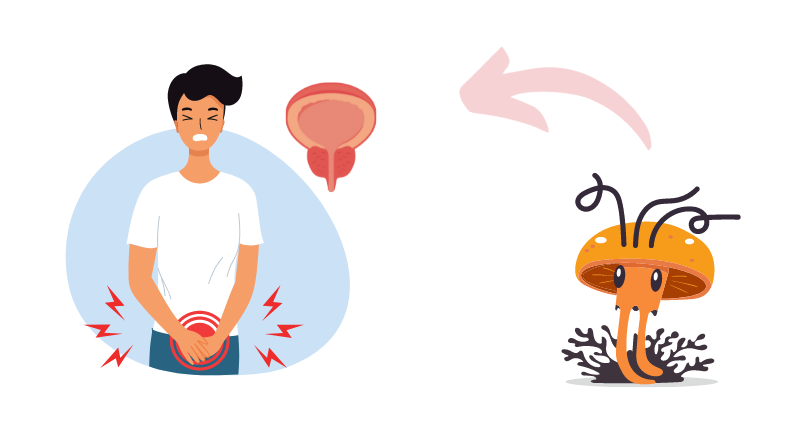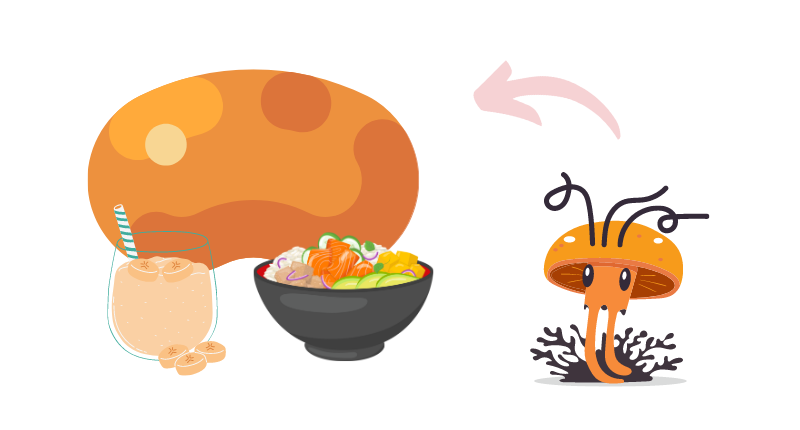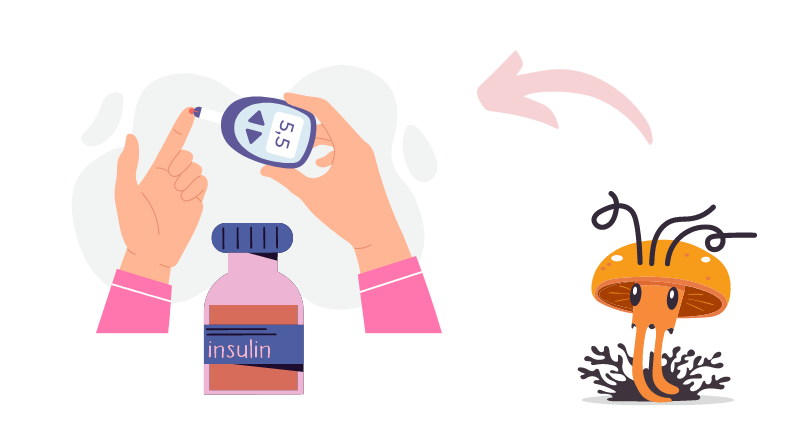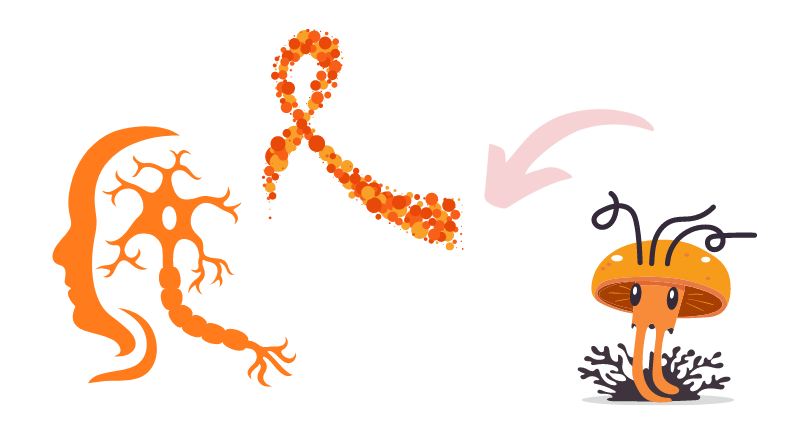Mushrooms, with their myriad health benefits, have always intrigued the medical world. One such mushroom that stands out due to its potential benefits and rich history is Cordyceps. But does this intriguing fungus hold the key to kidney health? Let’s embark on this enlightening journey.
NOOTROPICS: THE BRAIN AND BEYOND
Nootropics, often labeled ‘smart drugs,’ are substances known to enhance cognitive abilities. These compounds, whether derived from natural sources or crafted in a lab, promise better memory, sharper focus, and enhanced mental agility.
Natural vs. Man-made Nootropics
While man-made nootropics are synthesized in laboratories and have found favor, particularly in the hustle and bustle of today’s demanding world, natural nootropics, derived from herbs, plants, and fungi, have been cherished for centuries in traditional medicine.
Natural sources are often revered due to fewer side effects, holistic benefits, and historical significance.
The Rise of Nootropic Mushrooms
Recently, nootropic mushrooms, like Cordyceps and Lion’s Mane, have witnessed a surge in popularity. Their dual benefit of enhancing cognitive function while offering numerous other health perks is driving this trend. W
ith increasing research validating their efficacy and more people turning towards natural health solutions, it’s no wonder these fungi have become a go-to dietary supplement.
CORDYCEPS & KIDNEY SUPPORT: WHAT RESEARCH SUGGESTS
Emerging research is solidifying the potential link between Cordyceps and kidney health. Preliminary studies suggest a role for Cordyceps in attenuating the progression of chronic kidney conditions and supporting dialysis patients.
The underlying belief is its antioxidant and anti-inflammatory properties, which appear to foster kidney health.
TRADITIONAL USE OF NOOTROPICS FOR PHYSICAL HEALTH
Historical records indicate a widespread reliance on natural remedies for various health challenges. Cordyceps, in particular, has a long-standing history in Traditional Chinese Medicine (TCM). Recognized for its potential to bolster stamina, endurance, and vital organ systems, this mushroom remains a staple in many health regimens.
VARIETIES OF CORDYCEPS: MILITARIS TAKES THE LEAD
Among the numerous Cordyceps species, two dominate the supplement scene: Cordyceps sinensis and Cordyceps militaris. The latter, however, is increasingly becoming the preferred choice. Its consistent quality, higher cordycepin content, and easier cultivation are swaying enthusiasts and experts alike.
For those keen on embracing its benefits, the Dr. Mush Me’s Cordyceps Militaris tincture supplement remains a top pick.
TINCTURE SUPPLEMENTATION: A CUT ABOVE THE REST?
Cordyceps, though available in multiple forms, sees a rising inclination towards tinctures, attributed to:
- Bioavailability: Efficient absorption translates to optimal benefits.
- Convenience: Adding tinctures to beverages is hassle-free.
- Shelf Life: Tinctures outlast powders and capsules in terms of potency and freshness.
READ MORE: CORDYCEPS & ALCOHOL: EXPLORING THE INTERACTIONS & EFFECTS
NATURAL STRATEGIES THAT ENHANCE CORDYCEPS’ EFFECTS ON KIDNEYS
Maximizing kidney health often involves a holistic approach:
- Hydration: Ensure adequate water intake.
- Salt Moderation: Minimize sodium to alleviate kidney stress.
- Blood Pressure: Monitor and manage levels.
- Natural Herbs: Incorporate kidney-supporting herbs like cranberries or dandelion root.
THE CONSISTENCY FACTOR: SUPPLEMENTATION ROUTINES MATTER
Regular intake of supplements like nootropics, bolstered by a structured routine, can lead to amplified benefits. For the best results, adhere to recommended dosages and maintain a dialogue with a healthcare professional.
IN CONCLUSION
Cordyceps, with its potential benefits and backed by evolving research, could well be a natural treasure for kidney health. As the world moves towards holistic well-being, such time-tested remedies continue to hold immense promise.
Check out the Cordyceps Militaris tincture from Dr. Mush Me and take a step towards enriched health.
REFERENCES
- Giurgea, C. (1972). The “nootropic” approach to the pharmacology of the integrative activity of the brain. Conditional Reflex.
- Brandalise, F., Cesaroni, V., Gregori, A., Repetti, M., Romano, C., Orrù, G., … & Rossi, P. (2017). Dietary supplementation of Hericium erinaceus increases mossy fiber-CA3 hippocampal neurotransmission and recognition memory in wild-type mice. Evidence-Based Complementary and Alternative Medicine.
- Zhu, J. S., Halpern, G. M., & Jones, K. (1998). The scientific rediscovery of an ancient Chinese herbal medicine: Cordyceps sinensis. Journal of alternative and complementary medicine.
- Wang, S. M., & Lee, L. J. (1998). Effect of Cordyceps sinesis on the renal function of patients with chronic allograft nephropathy. Urological science.
- Tuli, H. S., Sharma, A. K., Sandhu, S. S., & Kashyap, D. (2013). Cordycepin: a bioactive metabolite with therapeutic potential. Life sciences.
- Bone, K., & Mills, S. (2013). Principles and practice of phytotherapy: Modern herbal medicine. Elsevier Health Sciences.














